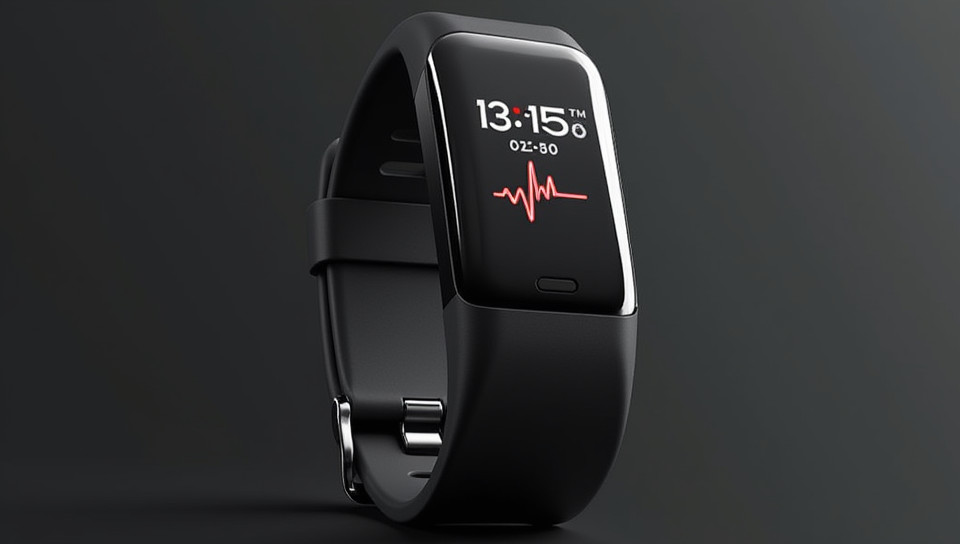Not all fitness trackers are designed for precise heart rate monitoring 93%

The Dark Side of Fitness Trackers: Not All are Created Equal
When it comes to tracking our physical activity and monitoring our vital signs, fitness trackers have become an essential tool for many of us. But have you ever stopped to think about the accuracy of these devices? Specifically, when it comes to heart rate monitoring, some fitness trackers may not be as precise as we assume.
The Technology Behind Heart Rate Monitoring
Fitness trackers use a variety of methods to measure heart rate, including photoplethysmography (PPG), electrocardiography (ECG), and accelerometry. While these methods can provide accurate readings in certain situations, they are not foolproof. For example, PPG sensors can be affected by factors such as skin tone, hair color, and even the angle of the sensor on the wrist.
Factors Affecting Heart Rate Monitoring Accuracy
- Skin thickness: Thicker skin can reduce the accuracy of PPG readings.
- Hair density: Excessive hair can interfere with the sensor's ability to detect heart rate signals.
- Movement artifacts: Movement during exercise or other physical activities can introduce noise into the signal, making it difficult to obtain accurate readings.
- Environmental factors: Extreme temperatures, high altitudes, and strong electromagnetic fields can also impact heart rate monitoring accuracy.
What Does this Mean for Fitness Trackers?
While some fitness trackers may claim to provide precise heart rate monitoring, not all are created equal. In reality, many devices may not be able to accurately detect changes in heart rate during exercise or other physical activities. This can lead to inaccurate calorie burn estimates, heart rate zone tracking, and even incorrect recommendations for recovery.
What Can You Do?
If you're looking for a fitness tracker that provides accurate heart rate monitoring, consider the following:
- Research different models: Look into reviews and ratings from reputable sources to find out which devices are known for their accuracy.
- Check the sensor type: If you plan on using your device for high-intensity exercise or other activities where movement artifacts may be a concern, look for devices that use ECG technology.
- Consult with a healthcare professional: If you have specific concerns about heart rate monitoring accuracy or any other health-related issues, consult with a qualified healthcare professional.
Conclusion
While fitness trackers can be a valuable tool for tracking our physical activity and monitoring our vital signs, it's essential to understand their limitations. Not all fitness trackers are designed for precise heart rate monitoring, and some may not even come close. By being aware of these limitations and taking the necessary steps to research and choose a reliable device, we can ensure that our fitness journey is accurate, safe, and effective.
- Created by: Mohammed Ahmed
- Created at: Aug. 25, 2024, 12:33 a.m.
- ID: 8305







